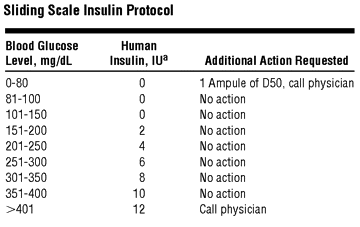

A colleague of mine recently told me of an encounter with a new elderly patient referred to her practice. What was most striking was the medication list that included four three different benzodiazepines and one TCA: valium, halcion, lorazepam, and doxepin.
For those non-clinician’s reading this blog, this drug regimen is something that I would expect to see in Charlie Sheen’s medicine cabinet, not a frail elderly patient. Few if any physicians would ever contest that this particular cocktail of drugs is widely inappropriate to prescribe to pretty much any adult. The risks though of even one of these drugs are only magnified in elderly adults who are far more susceptible to adverse effects including delirium and falls. Yet this type of inappropriate prescribing continues.
The American Geriatrics Society (AGS) is hoping to help influence this type of behavior with a newly released 2012 Updated Beers Criteria for Potentially Inappropriate Medication (PIM) Use in Older Adult. This document and the website that is associated with the updated Beers criteria is a wealth of both clinical and teaching resources, so I encourage you all to check it out the AGS website. On it you can find:
- The American Geriatrics Society Updated Beers Criteria
- Criteria & Evidence Tables (if you click on the citation in the table it will open up more detailed evidence)
- Clinical and educational tools like the Beers Criteria Pocket Card and patient handouts
Updated Beers Goes After the Insulin Sliding Scale
I do want to highlight one of my favorite new additions to the 53 medications and classes of medications listed as potentially problematic – the insulin sliding scale.

Yes, the venerable insulin sliding scale is on the chopping block thanks to this new Beers criteria. I say good riddance. It doesn’t really make much sense why one would really ever use a sliding scale as pre-meal blood glucose readings are not really a predictor of the insulin needed now, rather they reflect the appropriateness of the dose given before the previous meal (plus any long acting agents). Despite this, an overwhelming amount of diabetic nursing home patients remain on sliding scale insulin. A much better alternative is initiating basal insulin first and advancing to basal-prandial insulin replacement, if needed.
The new Beers criteria gives a STRONG recommendation to avoid, as there is a “higher risk of hypoglycemia without improvement in hyperglycemia management regardless of care setting.”
The GeriPal Challenge
So in honor of the new Beers criteria, I’m asking all the GeriPal readers to submit their craziest medication cocktails that they have seen in the comment section of this blog post. As always, please do not include any information that may identify any particular patient. Also, please comment if you have a favorite (or least favorite) part of the updated Beers criteria.
By: Eric Widera (@ewidera)



